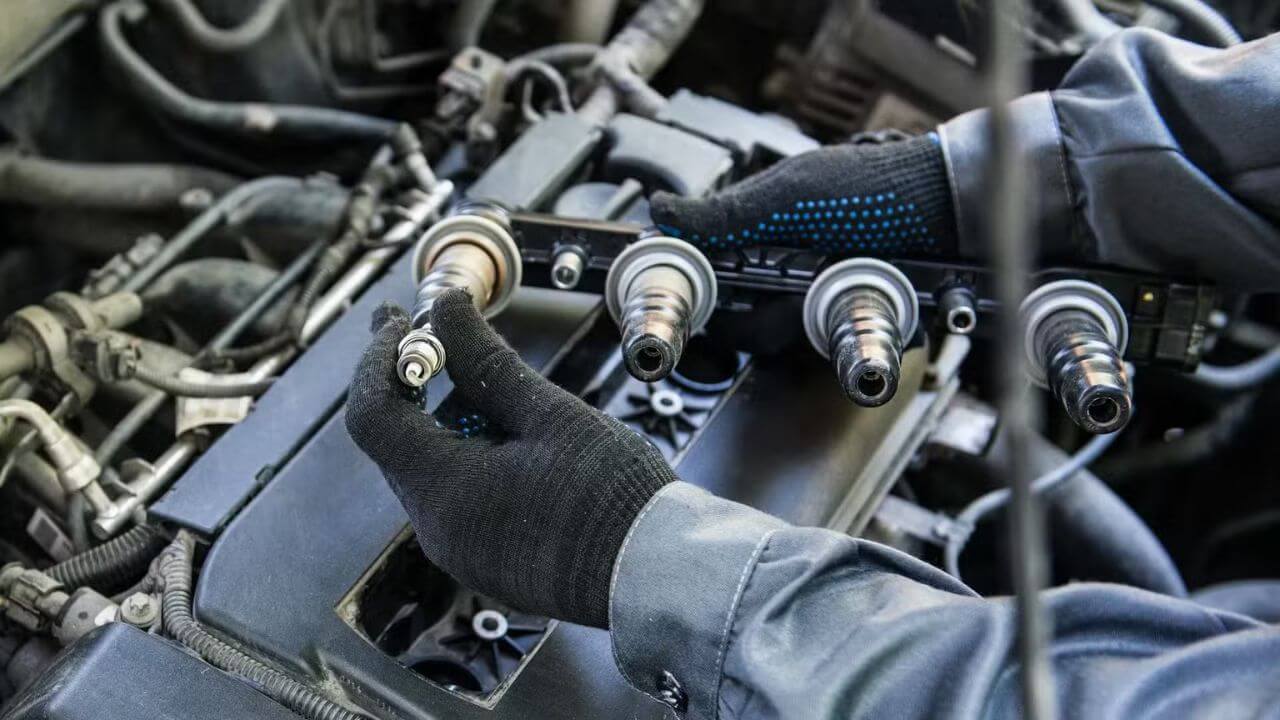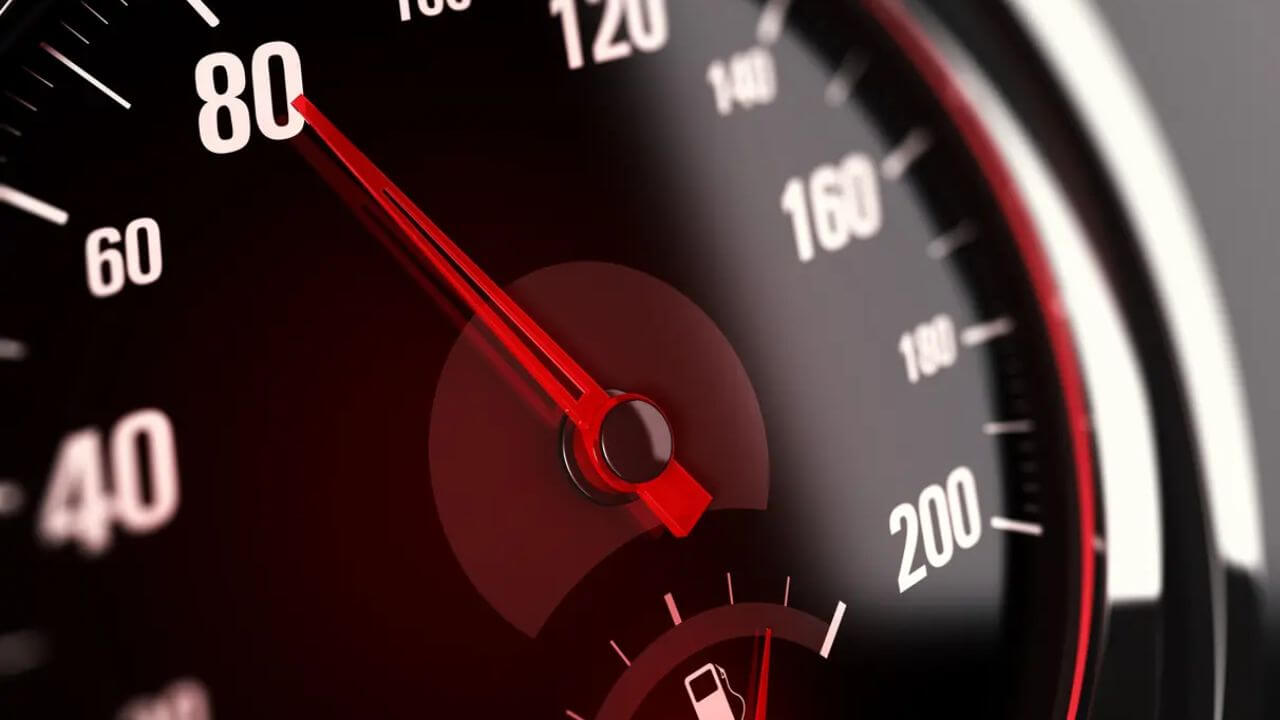Is your car not accelerating properly? Discover the common causes, expert advice, and practical solutions to get your vehicle back to optimal performance quickly and safely
Car not accelerating, When you’re behind the wheel, there are few things worse than stepping on the gas pedal and feeling nothing happen – your car just won’t accelerate can be a sudden and alarming problem. Whether it’s merging onto the highway or attempting to move through a busy intersection, poor or delayed acceleration can directly affect your safety and your driving experience. Understanding why a car doesn’t accelerate correctly is essential to effectively solving the problem and avoiding further damage. This comprehensive guide goes in a deep dive about the common causes of car acceleration issues, how to spot them, and what you can do to get your car back to performing.
What is a Car That Won’t Accelerate Called?
The term car not accelerate is often used to describe the situation in which a vehicle doesn’t pick up speed as it should despite the driver pressing the accelerator pedal. This problem can present as slower engine response, hesitation, jerking or a total lack of speed increase. Such a condition is often an indication of underlying mechanical, electrical, or sensor malfunctions. It’s critically important to examine root causes, as opposed to just postulating a trigger, because there are many components at play in producing smooth acceleration.
Common Reasons Why Your Car Won’t Start
Dirty/Faulty Air Filters and Sensors
 A vehicle’s engine needs the right combination of air and fuel to work efficiently. One of the more common technical reasons that your car is not accelerating properly has to do with issues with the air intake system. A dirty or clogged air filter limits airflow, lowering the engine’s oxygen supply. As a result, this reduces combustion efficiency, reducing acceleration response.
A vehicle’s engine needs the right combination of air and fuel to work efficiently. One of the more common technical reasons that your car is not accelerating properly has to do with issues with the air intake system. A dirty or clogged air filter limits airflow, lowering the engine’s oxygen supply. As a result, this reduces combustion efficiency, reducing acceleration response.
Similarly, mass airflow sensor (MAF) and oxygen sensor play an important role in tracking air-fuel mixture. When either of the sensors become dirty or faulty, incorrect data is received by the engine’s computer system; this results in improper fuel delivery and inadequate acceleration. Cleaning of these sensors or replacing often solves the problem ().
Malfunctioning Throttle Position Sensor (TPS)
The throttle position sensor is an integral component of the system by monitoring the throttle valve’s opening angle, thereby regulating the amount of air permitted into the engine. If the TPS is not working properly, the vehicle’s engine control unit can receive inaccurate information, which will throw off the fuel injection and combustion timing. This causes slow acceleration or uneven throttle response. TPS faults are typically fixed by a sensor calibration or replacement so that the acceleration behavior returns to normal ().
Clogged Fuel Filter and Fuel System Issues
Another common cause of accelerated performance problems is a congested fuel filter. Over time, impurities such as dirt and sludge will build up in the fuel tank and fuel lines, limiting the clean flow of gasoline to the engine. This restriction means less fuel is available for combustion and results in hesitation or slow acceleration. Replacing the fuel filter is often an easy, but effective repair to improve car acceleration.
Additionally, problems in other fuel delivery components such as the fuel pump or fuel injectors may be contributing to poor speed response ().
Transmission & Clutch Problems
Sometimes, it isn’t at all about the engine but the transmission system. Transmission issues – Low fluid levels, worn clutches or bad solenoids can cause the vehicle to hesitate or lose power when accelerating. In manual transmission vehicles, a slipping or worn out clutch can really hamper the efficiency of acceleration. Automatic transmissions may go into “limp mode” when malfunctioning, which severely restricts speed increase because of protection. Diagnostic checks of the transmission system are important in the event of acceleration troubles coinciding with other drivetrain symptoms ().
Ignition System and Engine Control Unit (ECU) Issues
A properly functioning ignition system is crucial for proper and timely combustion. Faulty spark plugs, ignition coils, or wiring problems can lead to incomplete combustion and a lack of power in your engine. Moreover, the engine control unit, which is the brain of the vehicle, controls many aspects of engine performance, and acceleration is one of them. ECU faults, though less common, can affect fuel and ignition timing which leads to poor acceleration as well as warning lights on the dashboard turning on ().
Expert Insights for Car Acceleration Problems
Understanding the integrated relationship between sensors, fuel systems and transmission components is important in accurately diagnosing acceleration problems,” says automotive engineer Mike Anderson. Too often, drivers forget to check sensors, which can gradually degrade engine performance, often without symptoms, until the damage becomes obvious.” This makes routine maintenance and timely cleaning or replacement of sensors important, to prevent acceleration problems.
Diagnosing & Repairing Acceleration Problems

Advanced diagnostic tools measure sensor output and fuel pressure and road test the vehicle under various conditions of acceleration. After identifying the cause, repairs can include cleaning or replacing sensors, changing out filters, repairing the throttle system, servicing the transmission or repairing ignition faults. Prompt attention to these issues not only restores vehicle performance but also helps make the vehicle safer on the road ().
Safety and Performance Issues
Sluggish acceleration isn’t just inconvenient to drivers; it can be a serious safety hazard. The inability to accelerate quickly has effects on merging into traffic, overtaking slower vehicles, and coping with emergency maneuvers. For this reason, the early signs of acceleration issues can lead to escalating mechanical damage and the risk for accidents if ignored.
Furthermore, issues that are not resolved can result in increased fuel consumption and impact on the environment. Research into vehicle emissions indicates inefficient acceleration cycles contribute to higher pollutant output, highlighting dual benefits of timely repair for safety and for environmental sustainability ().
Results – Taking Action When Your Car Isn’t Accelerating
Experiencing a car not accelerating can get in the way of everyday travel and can be dangerous. Understanding the multifaceted causes of the problem-from dirty air filters to faulty sensors to fuel system and transmission troubles-allows drivers to seek out timely and effective solutions. Regular vehicle maintenance such as cleaning sensors periodically, replacing filters and getting sensors professionally checked is essential to prevent acceleration problems.
When the problem occurs, getting a qualified mechanic to diagnose and repair it is important to ensure that the problem is thoroughly diagnosed and repaired, restoring your car’s performance and safety. By addressing these issues thoughtfully and promptly, drivers ensure the reliability of their vehicle and experience a safer, smoother driving experience.

